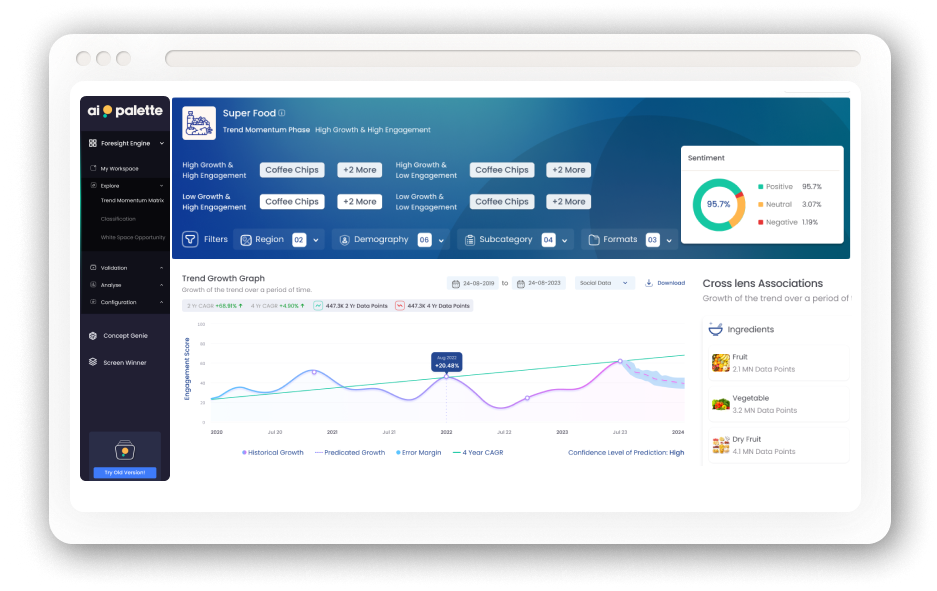A study by researchers at Tulane University published in the American Journal of Clinical Nutrition in March 2023 has highlighted significant differences in the nutritional density of popular diets in the US and their environmental footprints.
The study found that the pescetarian diet was the most nutritious, followed by vegetarian and vegan diets, while the ketogenic diet (which includes eating high amounts of fat and protein while avoiding carbs) was the least nutritious, after paleo (eating meat, nuts, and vegetables, but avoiding grains and beans).
Keto diets were also found to have a higher mean carbon footprint and a lower mean diet quality than other diets, including vegetarian and pescatarian diets. Paleo diets on average also had a higher carbon footprint than vegetarian diets and lower nutritional quality than pescatarian diets.
In short, keto and paleo vegan diet are the least climate-friendly diets. According to the study, the keto diet generated 3kg of carbon dioxide per 1,000 calories consumed, while paleo generated 2.6kg per 1,000 calories.
On the flip side, vegan diets were the most climate friendly, generating 0.7kg of CO2 per 1,000 calories consumed.
One of the main reasons keto and paleo diets have such a high environmental impact is because they rely more heavily on animal-based foods than most other diets. And at this point, it should come as no surprise to anyone that meat production is responsible for significantly higher carbon emissions than plant-based foods. Beef, for example, gets called out most often for being the food with the highest carbon footprint.
According to the study, the most common diet in the US is the omnivore diet – followed by 86% of the surveyed population. It sat bang in the middle in terms of both nutritional quality and environmental sustainability. This study also said that the nutritional and environmental aspects of the omnivore diet can be improved by switching to the Mediterranean diet and by reducing the consumption of fatty meats.
What does our data say?
A look at our proprietary data gives us an insight into why the burden may have to be led by food producers. Based on our data, the following is a list of the main diets talked about in consumer conversations:

And the main driver for dieting is unsurprisingly weight loss, as highlighted by 34.1% of consumer conversations on the topic. Unfortunately, sustainability is not top of mind for the dieter. Across all diet-related conversations, only 0.7% of them referenced sustainability.
A further breakdown within specific diets didn’t show significantly higher levels of sustainability-related conversations, even in relation to the most planet-friendly diets.
Diet | Share of sustainability conversations (%) |
All Diets | 0.72 |
Plant-based | 1.56 |
Vegan | 0.66 |
Keto | 0 |
Our take on Keto & Paleo Vegan Diet
The Tulane University study combining nutritional quality and environmental impact of various diets has the potential to guide those looking for the best of both worlds. This may especially be the case with manufacturers who may need to improve their own impact on the environment and take on the mantle for consumers as well.
Over the next decade, concerns about the health of the planet will start to creep up to concerns about the health of the individual, which in turn may lead to the evolution of more sustainable keto and paleo diets. While it may be unreasonable to expect people to completely give up their steaks and dairy products, it isn’t out of the realm of possibility to expect consumption to decline significantly.
And on that note, let me leave you with one silver lining: among consumer conversations on the keto diet, 9.5% were related to vegan food and 3.2% to plant-based.




















